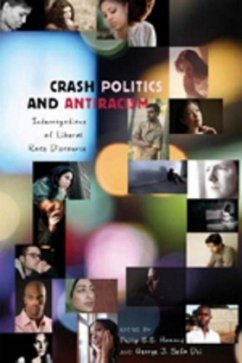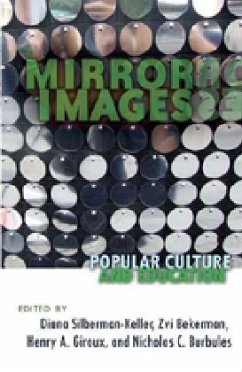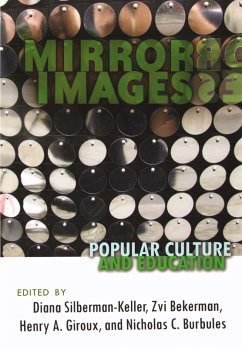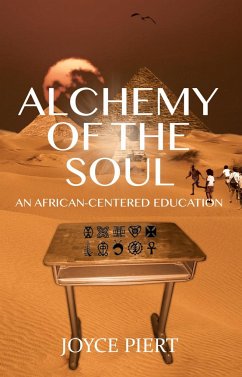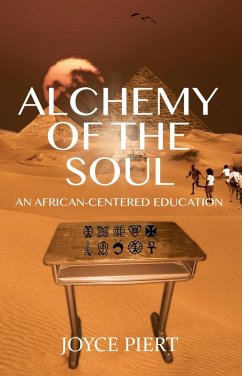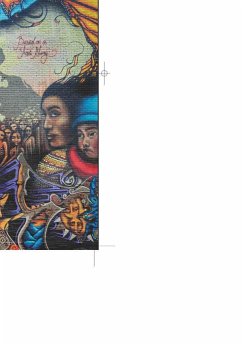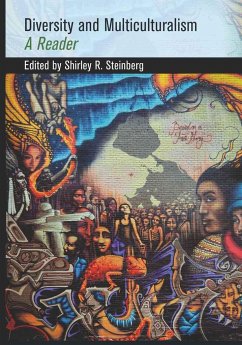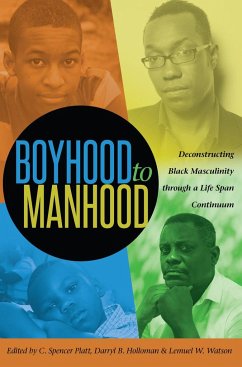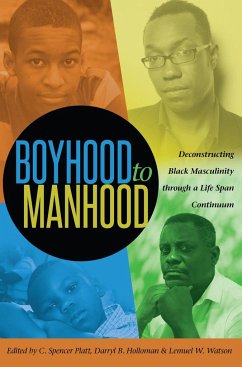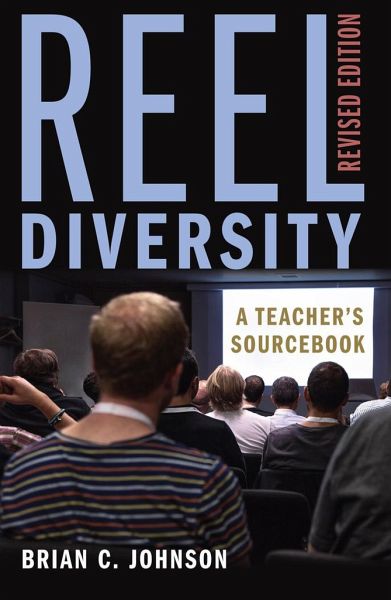
Reel Diversity
A Teacher's Sourcebook - Revised Edition
Herausgegeben: Steinberg, Shirley R.
Versandkostenfrei!
Versandfertig in 6-10 Tagen
43,10 €
inkl. MwSt.
Weitere Ausgaben:

PAYBACK Punkte
0 °P sammeln!
The first edition of Reel Diversity: A Teacher's Sourcebook won the 2009 Phillip C. Chinn Book Award of the National Association for Multicultural Education. This revised edition is an updated resource guide for educators in secondary and university classrooms who desire to integrate mainstream and independent films into their instructional content about diversity and social justice. The book has transformed difficult dialogues in classrooms around the country by helping educators identify full-length films and shorter film clips to enhance, energize, and motivate student learning. Accessible ...
The first edition of Reel Diversity: A Teacher's Sourcebook won the 2009 Phillip C. Chinn Book Award of the National Association for Multicultural Education. This revised edition is an updated resource guide for educators in secondary and university classrooms who desire to integrate mainstream and independent films into their instructional content about diversity and social justice. The book has transformed difficult dialogues in classrooms around the country by helping educators identify full-length films and shorter film clips to enhance, energize, and motivate student learning.
Accessible and practical for both novice and advanced educators, the book provides a lexicon of twenty-five definitions that teachers and learners should understand about difference, awareness, and power. Assignments, classroom activities, and lecture notes highlight these definitions in ways that deeply impact students' multicultural awareness, knowledge, and skills. Reel Diversity invites cross-cultural dialogue about films' mixed messages and how they enforce and reinforce cultural values. Students will emerge with a greater understanding of the educational value of this entertainment medium. The book is perfect for courses in mass media, film studies, American studies, mass communication, and media literacy.
Accessible and practical for both novice and advanced educators, the book provides a lexicon of twenty-five definitions that teachers and learners should understand about difference, awareness, and power. Assignments, classroom activities, and lecture notes highlight these definitions in ways that deeply impact students' multicultural awareness, knowledge, and skills. Reel Diversity invites cross-cultural dialogue about films' mixed messages and how they enforce and reinforce cultural values. Students will emerge with a greater understanding of the educational value of this entertainment medium. The book is perfect for courses in mass media, film studies, American studies, mass communication, and media literacy.






